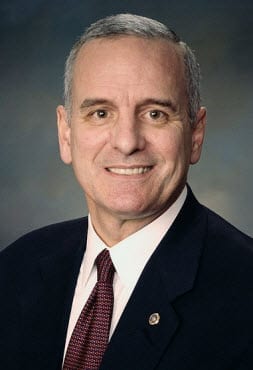 With the start of the legislative session, lawmakers are diving right in to the healthcare overhaul.
With the start of the legislative session, lawmakers are diving right in to the healthcare overhaul.
This week, Minnesota saw the beginning of a fresh legislative session, and Republican and DFL lawmakers have jumped directly into the announcement of a new bill that would implement a central element of the federal healthcare reforms within the state, namely the health insurance exchange.
This virtual marketplace would provide an online arena in which residents can shop for coverage.
Up to a million residents of Minnesota, in addition to small businesses, will be able to use the health insurance exchange in order to shop for and compare policies and plans, as well as to enroll in Medicaid. This will become available as of October 1. In order to be able to meet that deadline, lawmakers in the state are faced with a span of approximately 10 weeks in which they will be able to pass a bill for the signature of the governor.
The governor has already made tremendous efforts to propel the health insurance exchange forward.
The administration of Governor Mark Dayton has been vigilantly working to form a health insurance exchange for Minnesota, having secured federal funding worth over $70 million, by signing contracts for the technical skeleton of the marketplace, and by mobilizing various task forces.
The primary struggle that has been previously faced in the development of the health insurance exchange for Minnesota has been to encourage the state Legislature, which is under Republican control, to authorize the administration of the marketplace that the administration has been creating. Now, both the Legislature and the governor’s office are both under Democrat control, which suggests that it should be much easier to accomplish this goal. In fact, some of the Republicans in the state have indicated their willingness to take part.
For example, though Rep. Jim Abler (R-Anoka) has made it clear that he is not in favor of the health insurance law, he has explained that because he is a pragmatist, he will make the necessary efforts to work to make the bill as effective as possible. He stated that “This has an opportunity to be one of the best things that Minnesota has happen to it or one of the worst things, depending on how well it’s done.”
